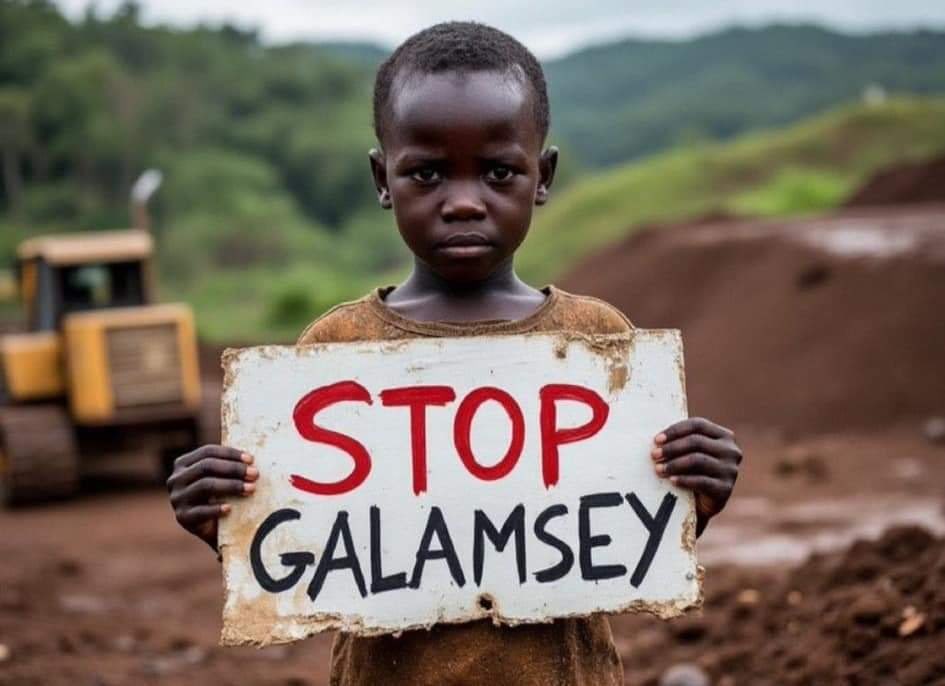
Galamsey, derived from the phrase “gather and sell,” refers to illegal small-scale mining that has caused havoc on Ghana’s natural resources, particularly its forest reserves and water bodies. Once a localized issue, galamsey has now become a national crisis, as its destructive impact continues to expand. While much attention is placed on the environmental damage caused by these operations, an often-overlooked consequence is the potential harm to Ghanaian languages and cultural heritage. As forests are depleted and communities are displaced, the rich linguistic diversity and traditional practices of many indigenous groups may face irreversible damage, making it crucial to examine how illegal mining could cause havoc to the nation’s languages and culture.

Galamsey operations are believed to have begun around 1989, when Ghana’s mining giant, Ashanti Gold, took steps to curb the practice by involving the police in efforts to prevent illegal mining. Recognizing the potential harm these activities could cause to the nation, the company aimed to halt the spread of galamsey. However, their efforts proved unsuccessful, and even today, despite the deployment of military personnel by the government, the fight against illegal mining continues to fail for various reasons.

Burrows, Edward & Lucia Bird (2017) estimate that the number of galamseyers – those involved in this destructive practice, ranges from 20,000 to 50,000. The majority of these individuals are young men and women, many of whom resort to illegal mining out of frustration with the government’s inability to provide employment opportunities. In their desperation, they contribute to the degradation of the nation’s natural reserves, causing severe environmental and societal consequences, including our languages and culture.
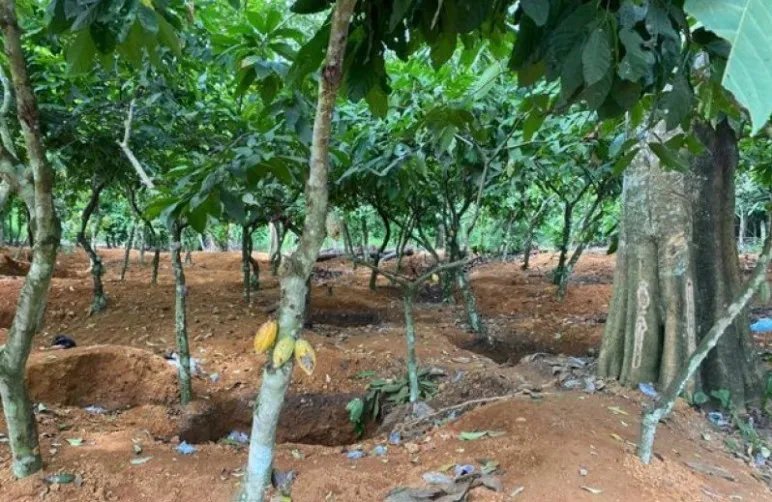
Today, seven years later in 2024, it is not far-fetched to estimate that the number of galamseyers has grown significantly, as the country’s natural reserves—its major and minor rivers, forests, and farmlands, continue to face daily destruction. Precious agricultural lands, including cocoa farms, have been converted into galamsey sites, while forest reserves have become hubs for illegal mining. If urgent action is not taken, the consequences will extend beyond environmental devastation, threatening the very essence of Ghanaian identity by eroding our languages and cultural heritage.
The influx of foreign miners and investors, particularly from countries like China, into local communities not only introduces foreign languages and cultures but also poses a significant threat to indigenous languages and traditions. As these foreign entities establish ties with locals through intermarriage and other relationships, the next generation faces a risk of losing their mother tongue. This cultural blending often results in the gradual erosion of local languages, where foreign languages begin to dominate, further endangering the linguistic and cultural identity of the affected communities. Moreover, illegal mining can force a community into new areas where they may adopt the dominant language, thus accelerating the loss of their native language and contributing to the decline of linguistic diversity in the country.
In early September 2024, Mr. Thomas Tanko Musah, General Secretary of the Ghana National Association of Teachers (GNAT), drew attention to the severe impact of galamsey on children’s cognitive and academic development. He noted that the adverse effects of illegal mining extend beyond environmental damage, affecting children’s ability to learn and perform academically. The disruption caused by galamsey not only impairs their cognitive functions but also hinders their linguistic and cultural reasoning.
There is also a significant loss of cultural identity due to displacement. When communities affected by galamsey are forced to evacuate, they leave behind their cultural practices, traditions, and ways of life. In their new environment, they are often compelled to adopt the cultural practices of the place they relocate to. Over time, this leads to the gradual abandonment of their own cultural heritage, resulting in the loss of their unique cultural identity.
Glamsey operation may also lead to the disappearance of Cultural Lexicon. As the environment undergoes changes caused by galamsey, many words, expressions, and idioms tied to nature, agriculture, and local ecosystems may gradually fade from everyday use. These terms, which once described the natural world and its connection to traditional practices, become less relevant as the landscape is altered or destroyed. For instance, specific vocabulary related to farming techniques, wildlife, or sacred rivers may lose meaning when the environment no longer supports those aspects of life. Over time, this leads to the erosion of linguistic diversity, as unique elements of a community’s language are lost, diminishing the cultural richness they once embodied.
The issues outlined above serve as a clear testament to the urgent need for government action against illegal mining. To protect Mother Ghana, its languages, and its rich cultural heritage, it is imperative that decisive steps be taken to eliminate the already ‘illegal’ galamsey. The destruction of our environment and the displacement of our communities directly threaten the survival of our languages and cultural practices. It is a call to action for all of us to join the fight against galamsey. Together, we can ensure that our nation’s heritage endures for future generations. Indeed, #GalamseyMustStop!
Author: Ebenezer Kobinah Offen
Editor: Ama Gyesiwaa Quansah



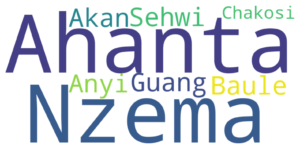

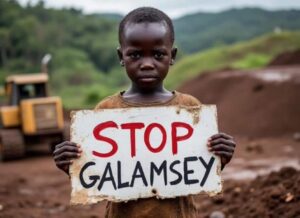
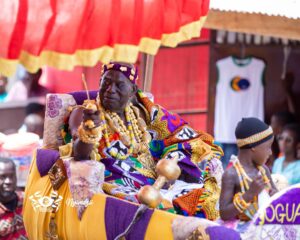
Very educative.Keep it up.
Thank you Sir